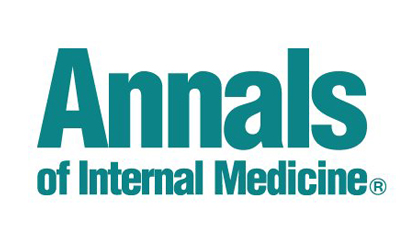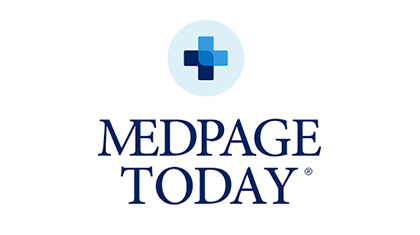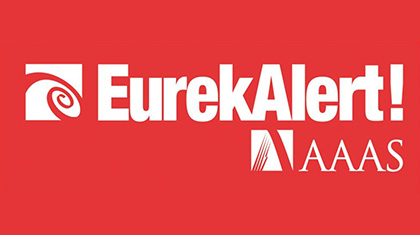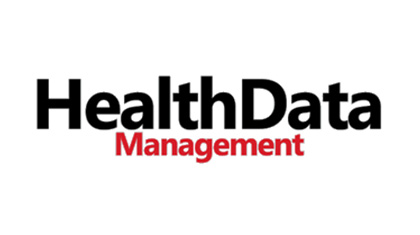The 21st century has ushered in a distinct emphasis on patient-centered care in allopathic medicine, as manifested by the increasing implementation of patient-centered medical homes and the frequent use of patient-centeredness in guidelines, health systems, and insurance language (1–5). The overall goal of this movement is to improve communication between physicians and patients, ultimately increasing patients’ engagement in care and improving the shared decision-making process, and thereby increasing their proclivity to follow their physicians’ advice. The costs attributed to nonadherence are staggering, estimated at $290 billion for medication nonadherence alone (6). Efforts to improve this situation are clearly warranted.
John Mafi
The Next Step for OpenNotes Is OurNotes
LOS ANGELES & BOSTON – The OpenNotes movement is rapidly spreading across the country, with nearly 20 million patients now invited to read online the notes their doctors …
Time for quality measures to get personal
In its landmark report Crossing the Quality Chasm, the Institute of Medicine (IOM) identified six aims for shaping the future of health care.1 The report argued that care should be safe, effective, patient-centered, timely, efficient, and equitable. Some of these aims necessitate trade-offs with each other. For example, prioritizing effectiveness may constrain efficiency, or efficiency may compromise timeliness. Although there is no inherent conflict between effective care and patient-centered care, clinical practice guidelines and quality metrics often emphasize effectiveness over patient-centered care. In this article, in lieu of “patient-centered care,” which the IOM defined as “providing care that is respectful of and responsive to individual patient preferences, needs, and values and ensuring that patient values guide all clinical decisions,”1(p. 6) we use the term personalized care.
MEDPAGE TODAY: ‘No-Brainer’ to Share Notes With Patients
Discussing them with patients may enhance health outcomes Between 40% and 80% of what a healthcare provider tells patients is immediately forgotten, and half of what they do remember, they get wrong. “Those are two of the most depressing statistics I’ve ever heard,” said John Mafi, MD, a professor at the David Geffen School of…
EurekAlert: Doctors’ reminders help keep people more engaged in their health care
Research led by UCLA professor on ‘OpenNotes’ model finds that follow-up emails are critical to keeping patients in the know A study led by Dr. John Mafi, a professor at the David Geffen School of Medicine at UCLA, has found that a simple note from a primary care doctor can be a critical way to…
Patients learning to read their doctors’ notes: the importance of reminders
As millions of patients nationwide increasingly gain access to clinicians’ notes, explicit email invitations to review notes may be important for fostering patient engagement and patient-doctor communication.
Health Data Management: Online Initiative Engages Patients by Sharing Physician Notes
More than 5 million patients nationwide now have electronic access to their clinicians’ visit notes through an effort that allows them to read these medical notes online after an appointment. The use of technology to better engage patients in their own care is at the heart of OpenNotes, according to John Mafi, M.D., an internal…







